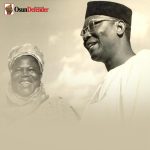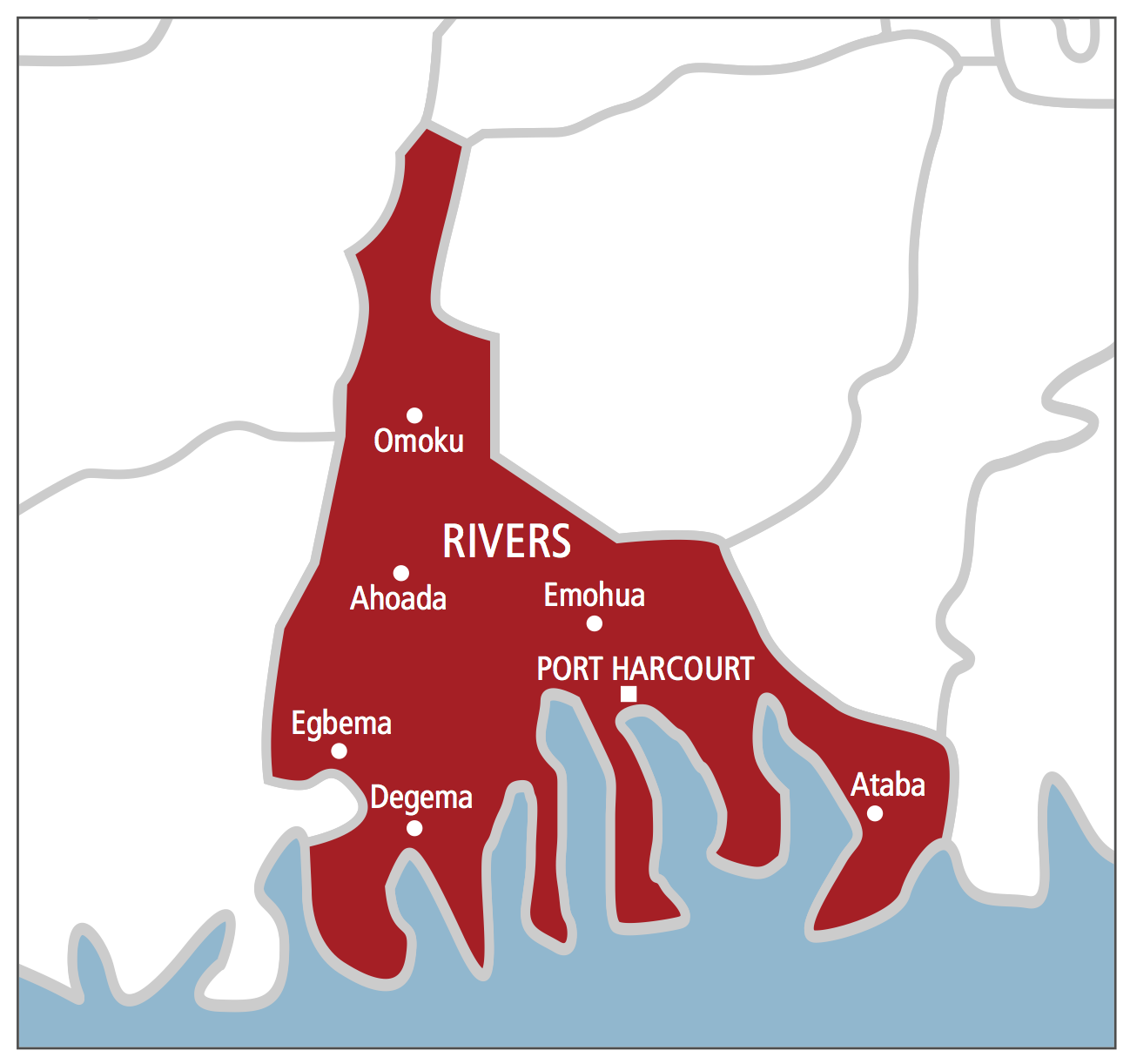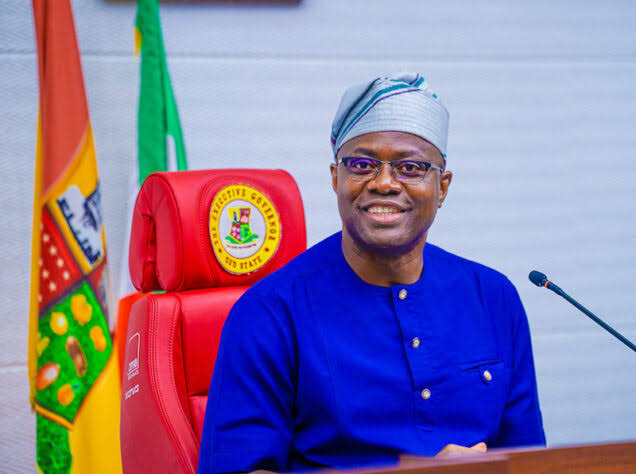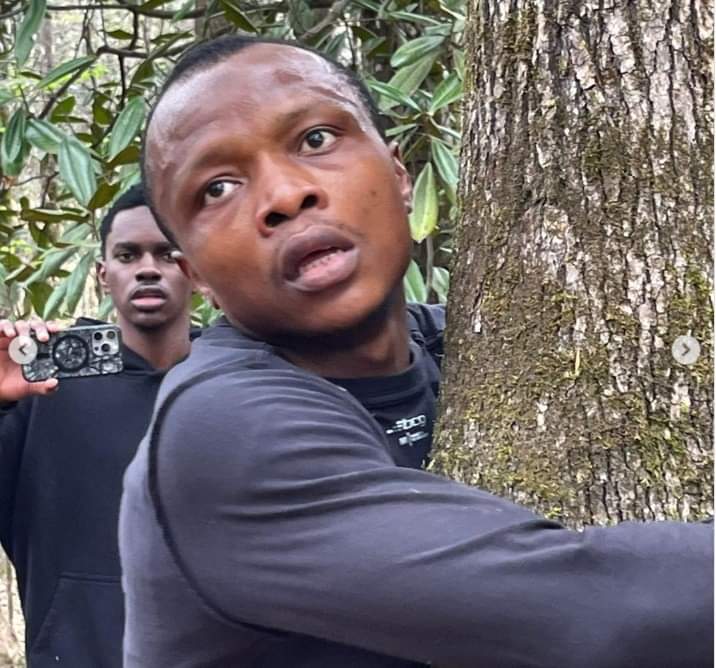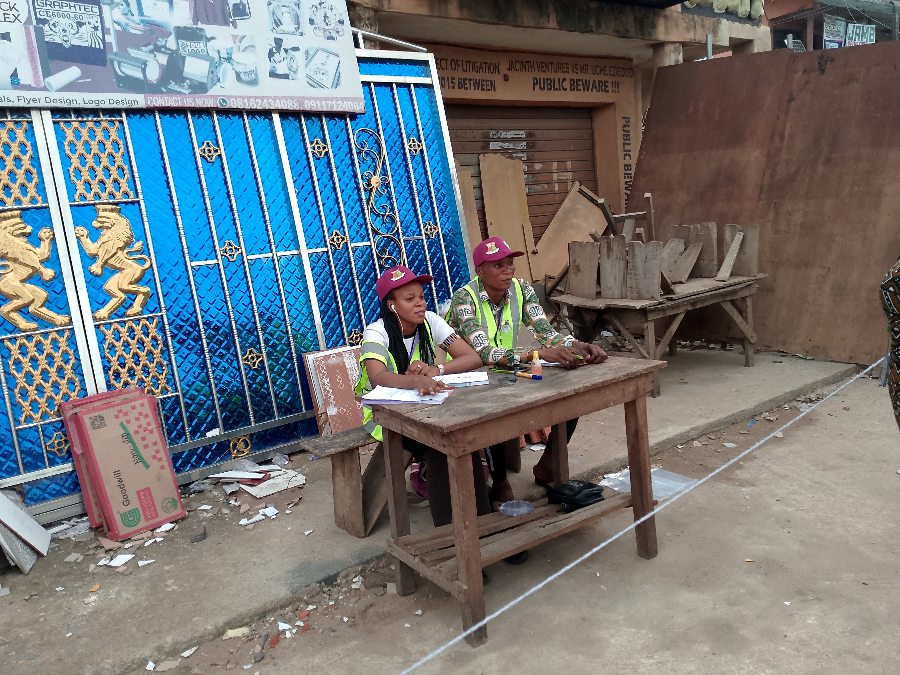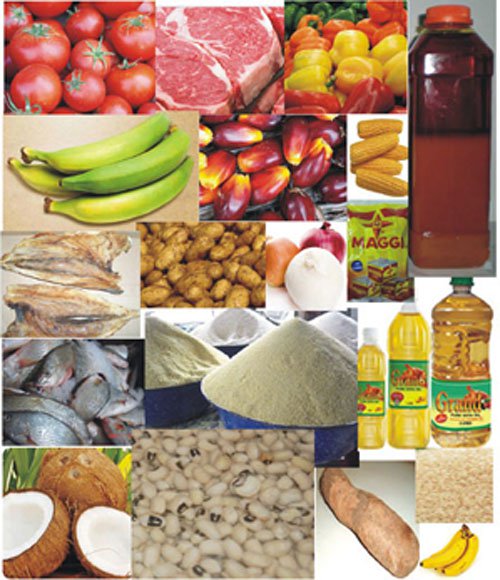UN Commemorates 2023 World Arabic Language Day


The United Nations (UN) has marked today, December 18th, 2023 to commemorate the annual World Arabic Language Day.
The World Arabic Language Day (WALD) was established by the UN Educational, Scientific and Cultural Organization (UNESCO) in 2010 with a view to promoting cultural diversity and the equal use of its six official working languages throughout the organization.
December 18th was chosen as the date for the annual celebration of Arabic Language as it was the day in 1973 when the General Assembly approved Arabic as an official UN Language. Other official languages of the UN General Assembly are English, French, Russian, Spanish and Chinese.
The theme for this year’s Day is “Arabic, the Language of Poetry and Arts.” The choice of this theme may have been inspired by the undeniable beauty and literary treasures of Arabic.
This year’s commemoration coincides with the 50th anniversary of the proclamation in 1976 of Arabic as one of the six United Nations (UN) official languages.
Commemoration of WALD in Nigeria
To mark the 2023 event and further pay tribute to the poetic and artistic brilliance of the Arabic language, the NALV is collaborating with the Academic Society for Arabic Language and Literature in Nigeria (ASALLIN) to bring together researchers, academics, organizations, and institutions to discuss and enlighten the Nigerian public of how Arabic has, across the history of human civilization, continued to shape knowledge and societal transformations through the literary lens of poetry and the arts.
The Nigerian event, which will hold at the Musa Usman Secretariat in Maiduguri is replete with activities including an evening ‘literary banquet’ at the city-campus of the Village; all designed to celebrate the 2023 WALD. While the ‘Pride of Nigerian Professors’ and Governor of Borno State, Prof Babagana Zulum who has never missed the yearly gathering would be the Chief Host, the Shehu of Borno His Highness Alhaji Dr Abubakar Ibn Umar Garbai Al-Amin El-Kanemi will serve as the Royal Father of the Day. Other dignitaries expected to grace the occasion include Khalifa Sheikh Ali Abul-Fatahi who would be there as a Special Guest of Honour, and Prof Mai Muhammad as the Lead paper Presenter.
The event would be chaired by the Vice-Chancellor of the Borno State University, Prof Umar Kyari Sandabe. Our eloquent colleague, Dr Taofeeq of the BUK, would be there to deploy his multilingual skills.
This humble writer, who would be the Keynote Speaker at the event, shall highlight on this year’s theme; drawing public attention to the rich cultural heritage and global significance of the Arabic language. All professors (serving and retired) of Arabic in Nigeria would, as distinguished guests, join speakers at the occasion to also showcase the role and impact of Arabic on literature, science and technology. Although not many people and nations including technologically advanced countries associate Arabic language or Arab scholars with the early beginnings of science, probably due to arabophobia or Islamophobia; the contribution of Arab philosophers made mainly through Arabic language to the development of science, medicine, mathematics and literature through ages cannot be denied.
Recall that since 2012 when UNESCO had continued to annually mark the WALD on December 18th in partnership with the Sultan Bin Abdulaziz Al Saud Foundation, the event in Nigeria had always been marked on individual, group or institutional basis; not on the national scale to which Prof Ibrahim Muhammad elevated the WALD since he assumed office as the Director/CEO of the NALV. This colloquium of the WALD annually convened by him has, among a dozen other feats, justifiably earned Prof Ibrahim Muhammad the incontrovertible title of “Chief Advocate of Arabic Language and Culture in Nigeria”. Among persons to be honoured at this year’s event is the former Executive Secretary of the National Universities Commission, Prof Abubakar A. Rasheed.
Arabic is a language with rich history that is spoken by 422 million native speakers and used by about 1.5 billion Muslims around the world including UNESCO’s 22-member states.
Researches have shown that more than 7,000 words in the English language are either Arabic or derived from Arabic. While many of such words may now be obscure, at least 500 are still being used in everyday conversations. Cotton, coffee, alcohol, saffron, emir and giraffe are few examples of words borrowed directly or indirectly from Arabic.
Beyond the literary and cultural impacts of Arabic on other languages and societies is its utility of being a tool for building bridges of understanding across religions, cultures and civilizations in Nigeria. For example, a renowned Christian scholar, Isaac Adejoju Ogunbiyi (who after retiring from the university has been living in the United Kingdom), is a Professor of Arabic Literature. Prof. Ogunbiyi is not only a member of the Arabic speaking community in Nigeria but also of the Arab world. Other Christian intellectuals of Arabic in Nigeria include Kole Omotosho (who died in July this year), and Bishop Idowu Feron.
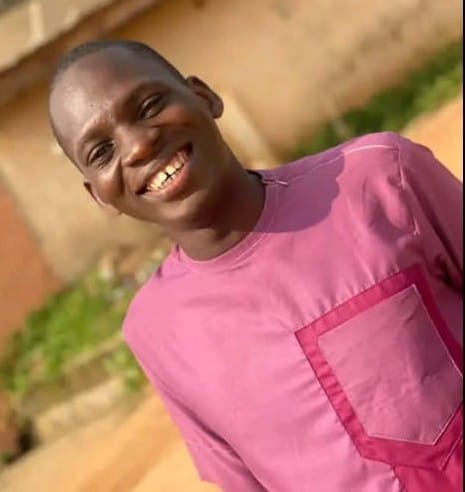

Sodiq Lawal is a passionate and dedicated journalist with a knack for uncovering captivating stories in the bustling metropolis of Osun State and Nigeria at large. He has a versatile reporting style, covering a wide range of topics, from politics , campus, and social issues to arts and culture, seeking impact in all facets of the society.

